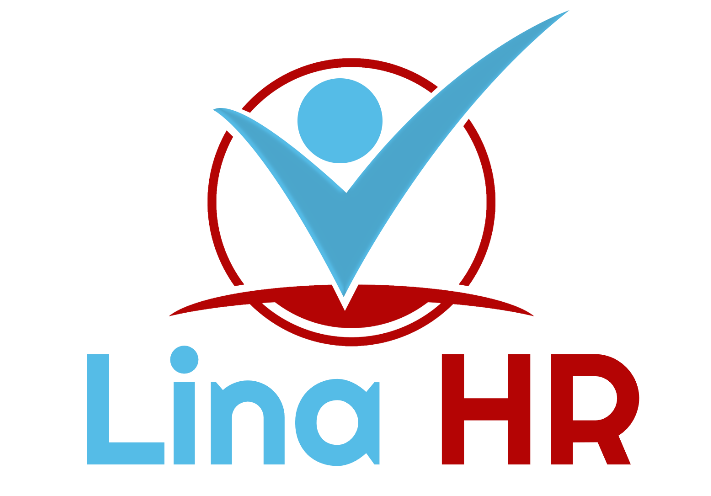It is a common situation that after you’ve applied to a position, your resume has been received and approved, you got the hint from the recruiter that your application looked good, but this all you were left with. A couple of weeks have gone by, and you’ve no feedback.
So, what should you do? You’re still interested, but you aren’t quite sure how to break the silence without being awkward.
Here is a recruiter’s advice: Go ahead and follow up! Just make sure to do it with confidence and tact.
-
We suggest you write a follow-up email, don’t call.
The best way to follow-up with somebody is almost certainly email – it’s relatively low stress, and it lets people respond to you in their free time.
- Go for a clear subject line, for example: Following up on a job application for [position title].
- Be professional.
- Be polite and humble in the body of your message.
- Say you’re still interested and justify why you’re the perfect fit.
- Keep the resume follow-up email short.
Here is a great example of what your email should look like:
Hello [Hiring Manager’s Name],
Last week I applied for the position of [position title]. I would like to ask if you could provide me any information on the hiring process timeline.
I am very enthusiastic and eager to learn more about this position, any updates you can come up with would be greatly appreciated. 
Kind regards,
[Your signature]
[Your Linkedln/Indeed profile]
[Your phone number]
-
Show interest, not desperation
It is okay to show your enthusiasm when following up. But we don’t suggest you to start begging for an interview during your initial check-in. Be subtle and succinct. Remind the recruiter of your interest in the job, and back it up with specific examples of why you would be the best fit.
-
Don’t get awkward
In other words, don’t invade personal space. Unless the hiring manager set a response deadline and didn’t manage to stay on it, don’t follow up more than twice. Accept the very fact that a given company may not have an interest in you and just pass on. Calling or emailing on a daily basis or, showing up to ask about your application face to face, will surely discourage your hiring.
If you haven’t heard anything two weeks after applying to a position, you’re in the safe zone for following up with the recruiter.
And, if you’ve followed up twice and still get no answer-back? Take that as your signal. It’s probably time to move on to the following great opportunity.


